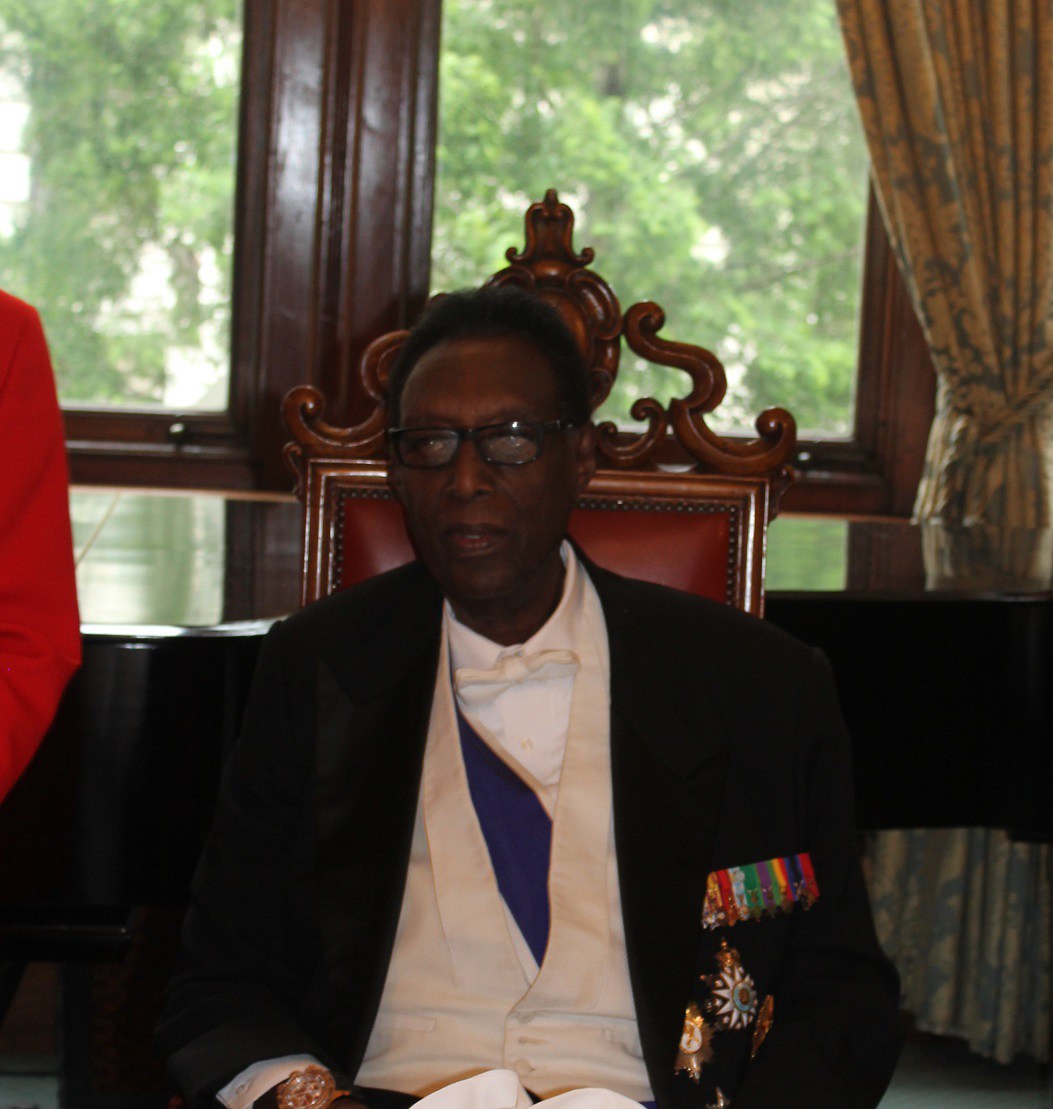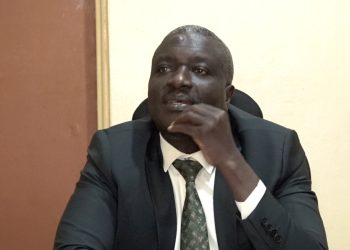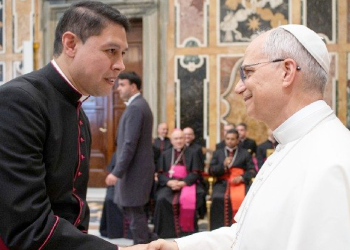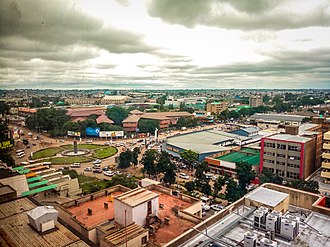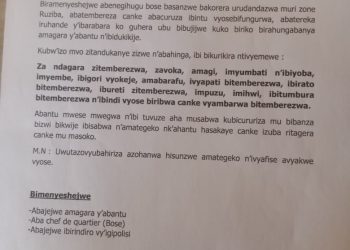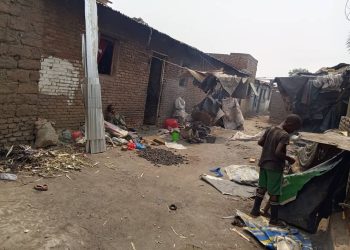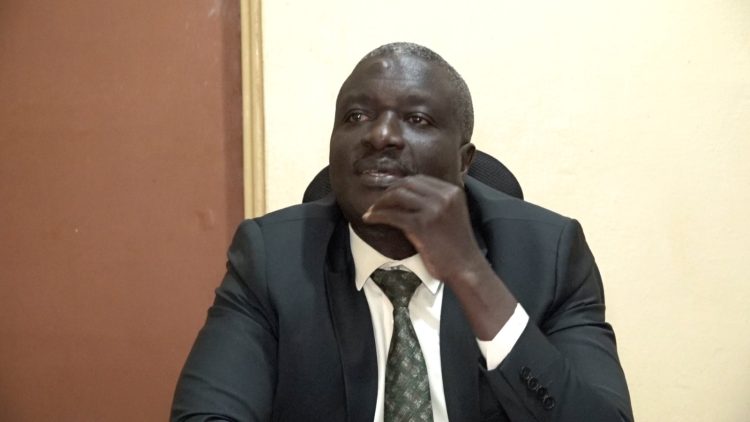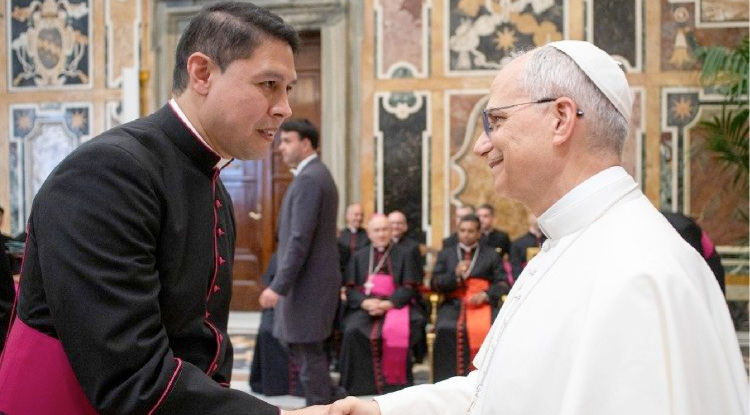The body of Rwanda’s last king, Kigeli V, has been flown back to Kigali after a legal battle among his relatives about where he should be buried.
King Kigeli died last October, aged 80, in the United States, where he had been living since 1992.
The former monarch had reportedly not wanted to be buried in Rwanda as long as the current government was in power.
However, a US court ruled in favour of relatives in Rwanda who wanted his body returned there to be laid to rest.
“We are very happy to have him back in his country of birth,” said James Vuningoma, executive secretary of the Rwanda Academy of Language and Culture (RALC), who was at Kigali airport when the king’s remains arrived.
A number of relatives, including King Kigeli’s half-sister, were also there.
Earlier, the king’s Royal Council had said Kigeli had not wanted to be buried in Rwanda “as long as the current government administration that was hostile to his majesty in life was still in power”.
A photo taken on May 3, 1994 shows exiled King Kigeli V Ndahindurwa of Rwanda posing in Washington’s Union Station.Image copyrightGETTY IMAGES
Born Jean-Baptiste Ndahindurwa, Kigeli ascended to the throne in 1959 but ruled for less than a year before being forced into exile.
Rwanda abolished the monarchy in 1961.
King Kigeli lived in several other African countries before eventually settling in the US where he set up a charity helping Rwandan refugees and orphans.
A 2013 profile in Washingtonian magazine found him living off food stamps in subsidised housing.

King Kigeli was the last in a line of monarchs from the minority Tutsi ethnic group, which had dominated Rwanda for many years, but the Belgian former colonial power favoured the majority Hutus and backed a coup.
When Rwanda was proclaimed a republic, a Hutu, Dominique Mbonyumutwa, was made president.
Tens of thousands of Tutsis went into exile after King Kigeli and for three decades the country endured ethnic violence.
It culminated in the 1994 genocide, in which some 800,000 Tutsis and moderate Hutus were killed by Hutu extremists.
Current President Paul Kagame came to power at the end of the killings, as the head of a Tutsi rebel group.
King Kigeli held onto the hope that he could return to the throne in Rwanda, at the head of a constitutional monarchy.
A small opposition party argued that the king could be a force of unity in a country still torn by the legacy of the genocide.
But the government was willing to let him return only as a private citizen.
BBC

